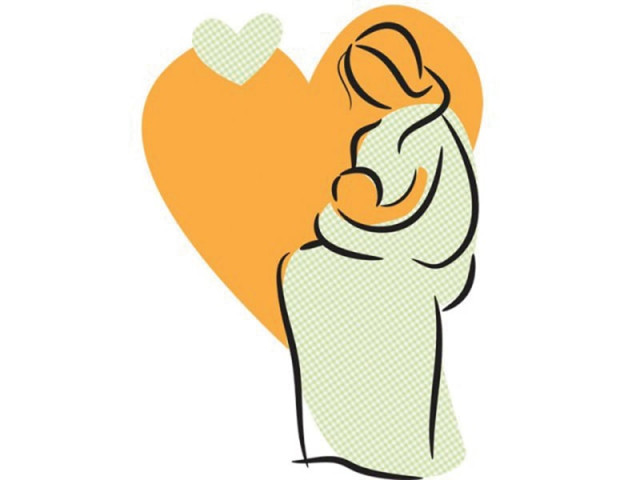Breastfeeding: As bottle feeding trend rises, so does infant mortality
In Pakistan, bottle feeding increased from 32 per cent in 2006-07 to 41 per cent in 2012-13.

She revealed that she was giving her child formula milk. “I am a domestic worker and cannot take my baby along with me. Owing to which I cannot breastfeed him. A doctor in my area advised me to give the baby formula milk,” she said.
Pakistan has high infant mortality rate owing to low breastfeeding, high bottle feeding rate in South Asia. Health experts blame lack of awareness about importance of breastfeeding among mothers as well as government’s apathy in enforcing laws to discourage bottle feeding.

According to the Demographic Health Survey (DHS) 2012-13, only 37 per cent children in Pakistan are exclusively breastfed till six months which is worst among the South Asian countries.
The survey indicates an upsurge in the trend of bottle feeding practices. The ration of bottle feeding increased from 32 per cent in 2006-07 to 41 per cent in 2012-13.
“Exclusive breastfeeding rates are lowest and bottle feeding highest among women from upper class and working women,” Dr Tabish Hazir, head of paediatric medicine in the children hospital of the Pakistan Institute of Medical Sciences (Pims), told The Express Tribune, stressing the need for enforcement of laws on formula milk and marketing code.
“Mothers should exclusively breastfeed their babies at least during the first six months and avoid formula milk which is the root cause of many diseases including diarrhoea and acute respiratory infections among children,” he said.
On an average, 25 to 30 mothers take their children with acute diarrhoea to public hospitals daily.
Majority of mothers living in semi-urban or rural areas who are feeding their babies formula milk are unaware of the fact that they should prepare milk in clean and boiled water, as contaminated water is equal to giving ‘poison’ to their babies, said Hazir.
“The ignorance about hygienic practices are the major reasons behind various stomach-related diseases among children, such as diarrhoea, which is the second leading cause of deaths in children aged five and below,” he said.
Hazir said breastfeeding not only protects against infections such as pneumonia and diarrhoea but also raises the IQ level of a child.
Hazir said although as many as nine policies or programmes have been passed directly or indirectly between 2007 and 2012 regarding breastfeeding, the dismal state of affairs remains the same.

Head of the National Nutrition Directorate at the Ministry of National Health Services, Regulation and Coordination, Dr Baseer Achakzai said the Protection of Breastfeeding and Young Child Nutrition Ordinance 2002 was deemed ineffective after the 18th Amendment.
He said that though the National Infant Feeding Board was notified at the federal level in October last year to implement the law, they were waiting for it to be replicated at the provincial level.
He said the federal health ministry was planning to train lady health workers to create awareness of importance of breastfeeding among mothers.
“They can be used as the best communication tool to tell mothers about the importance of breastfeeding,” he said.
According to experts human milk is important for nourishment, survival and growth of infants. Breastfeeding in the first six months of life stimulates babies’ immune systems and protects them from diarrhoea and acute respiratory infections, the two major causes of infant mortality, and improves their responses to vaccination. Only one-third of all infants in developing countries are exclusively breastfed for the first six months of life.
Published in The Express Tribune, December 1st, 2014.



















COMMENTS
Comments are moderated and generally will be posted if they are on-topic and not abusive.
For more information, please see our Comments FAQ